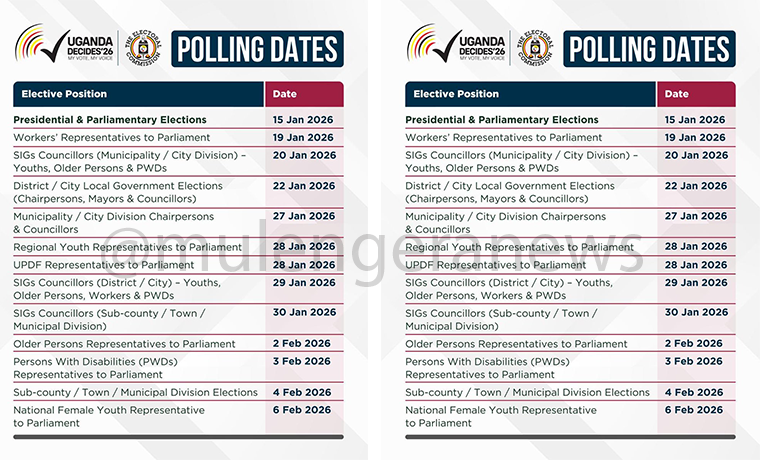By Aggrey Baba
They say a stitch in time saves nine, and for Uganda, the introduction of the malaria vaccine could not have come at a better time.
As malaria continues to be a leading cause of illness and death, particularly among children and pregnant women, health experts believe this vaccine is a breakthrough that will ease the burden on families and hospitals.
The vaccine, known as R21/Matrix-M, was officially launched in Apac district, an area with one of the highest malaria transmission rates in the country.
Prime Minister Robinah Nabbanja, speaking on behalf of President Yoweri Museveni, described it as a “game-changer” in the fight against the disease. She emphasized that the vaccine will significantly reduce severe malaria cases and hospitalizations among young children, who are the most vulnerable.
While children under five remain the main target group, recent data has raised alarm over the increasing number of pregnant women suffering from malaria. Dr. James Odongo, the Apac district health officer, revealed that malaria cases among expectant mothers have been rising steadily, from 3,801 cases in 2020 to 4,434 last year.
This is worrying because malaria during pregnancy can lead to complications such as miscarriage, stillbirth, and low birth weight in newborns.
Dr. Jane Ruth Aceng, the Minister of Health, noted that Uganda has adopted the World Health Organization’s recommendation to include malaria vaccination in its national strategy. She added that the new vaccine expands the country’s immunization program from six vaccines to 14, all provided free of charge.
Malaria remains Uganda’s biggest public health challenge. With over 10.9 million cases and 3,582 deaths recorded last year, the disease is a silent killer that claims 16 lives daily, 10 of them being children under five. The 2024 World Malaria Report ranked Uganda third globally in malaria cases, contributing nearly 5% of the world’s total burden.
Apac district, where the vaccine was launched, has the highest number of mosquito bites per person, averaging 1,500 bites annually. This high transmission rate has made it one of the worst-hit areas in the country.
Dr. Mandy Robin, the UNICEF country representative, praised the government’s efforts in ensuring that Uganda was well-prepared for the vaccine rollout. She highlighted the importance of proper training for health workers, strengthening cold chain storage, and community sensitization to ensure the success of the vaccination program.
As Uganda takes this bold step towards malaria elimination, health officials continue to urge the public to embrace all prevention measures, including sleeping under treated mosquito nets, indoor spraying, and seeking early treatment. After all, prevention is better than cure. (For comments on this story, get back to us on 0705579994 [WhatsApp line], 0779411734 & 041 4674611 or email us at mulengeranews@gmail.com).





























